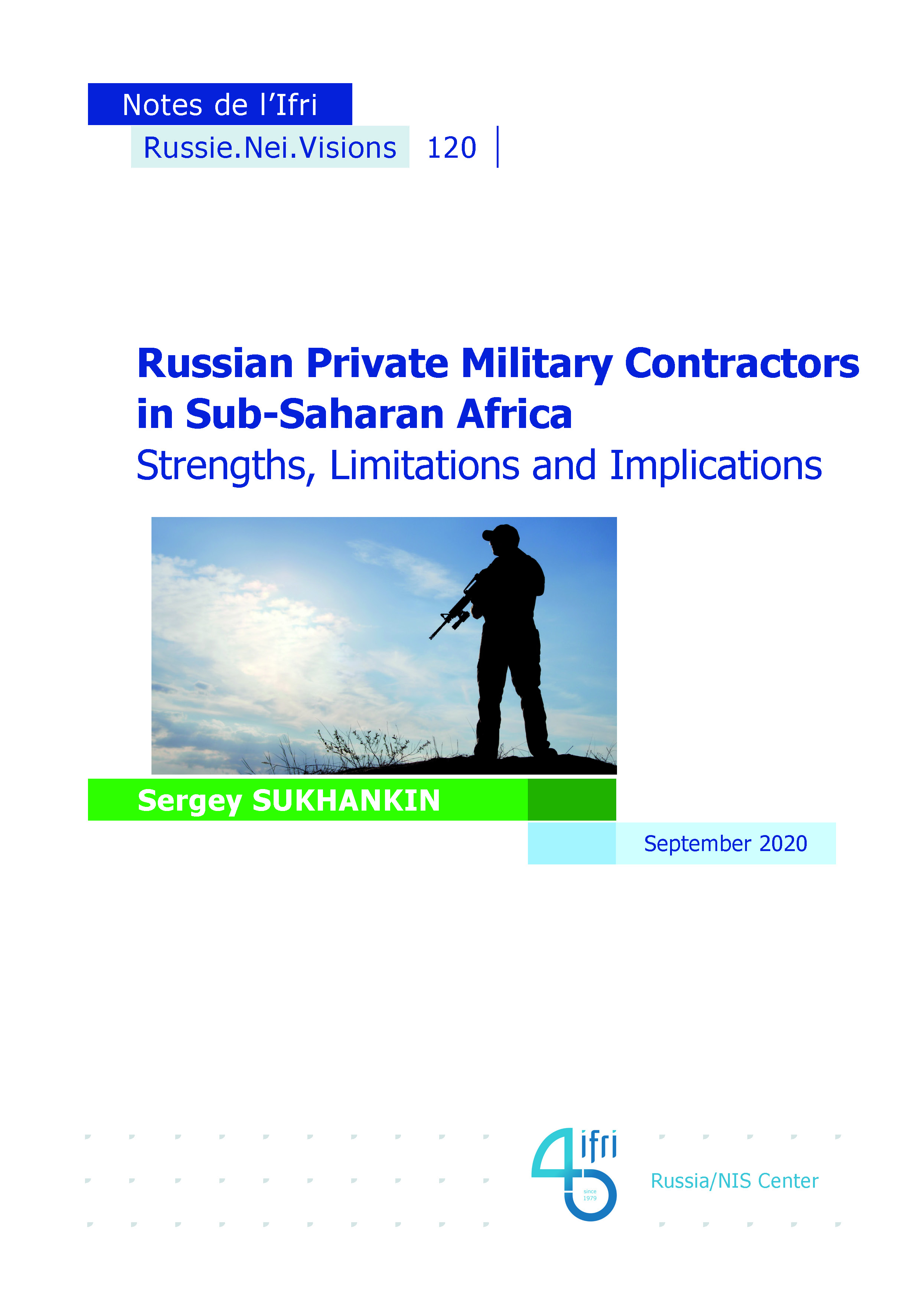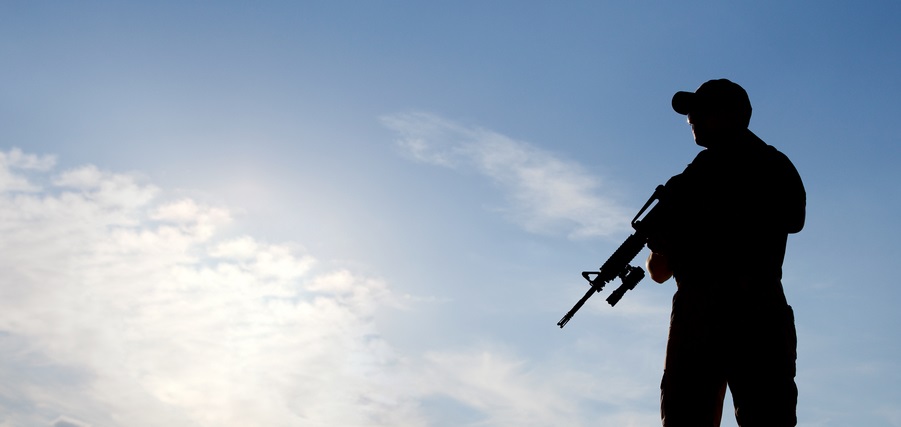Russian Private Military Contractors in Sub-Saharan Africa: Strengths, Limitations and Implications

Since 2014, Russia has notably intensified its policies in Africa, joining the race for local markets and opportunities presented by the rapidly growing and transforming continent.

In pursuit of its geo-economic/political objectives in Africa, Russia relies on military-technical cooperation and “security export” mechanisms as its main competitive advantages. Aside from legal tools, such as arms/weaponry deals, training and consulting, the Russian side also relies on illegal tools that include private military companies, entities that are de jure prohibited in Russia, and have been (since 2014) involved in conflicts in Ukraine, Syria and Libya. This paper argues that, despite their image of strength and efficiency gained in Ukraine and partly in Syria, their use will have limited strategic effect in sub-Saharan Africa and is unlikely to yield sustainable long-term benefits for Russia.
Sergey Sukhankin is a Research Fellow at the Jamestown Foundation and an Advisor to Gulf State Analytics (Washington DC).
Download the full analysis
This page contains only a summary of our work. If you would like to have access to all the information from our research on the subject, you can download the full version in PDF format.
Russian Private Military Contractors in Sub-Saharan Africa: Strengths, Limitations and Implications
Related centers and programs
Discover our other research centers and programsFind out more
Discover all our analysesDeathonomics: The Social, Political, and Economic Costs of War in Russia
The report attempts to outline and examine a truly new phenomenon in Russian society, dubbed “deathonomics”—the making of a mercenary army against the backdrop of the Kremlin’s war in Ukraine, eventually replacing both the Soviet (conscript) and early new Russian (contract) armies. It notes that, by the end of 2023, this trend had turned the military service into one of the highest-paying professions in the country, something not seen in Russia on such a scale since the late 17th century.
Russia's Asia Strategy: Bolstering the Eagle's Eastern Wing
Among Russia’s strategic priorities, Asia traditionally played a secondary role compared to the West. In the mid-1990s, then Foreign Minister Yevgeny Primakov initiated a rapprochement with China and India. Then, in 2014, deteriorating relations between Russia and the West prompted Moscow to begin its “great pivot to the East”.
Kazakhstan After the Double Shock of 2022: Political, Economic and Military Consequences
The year 2022 represented a dual shock for Kazakhstan. In January, the country faced its most severe political crisis since independence, followed in February by Russia’s full-scale invasion of Ukraine, which cast uncertainty over the borders of post-Soviet states. These consecutive crises profoundly shaped Kazakhstan’s domestic and foreign policy.

How the Russian Army Changed its Concept of War, 1993-2022
The traditional and high-intensity war that has occurred in Ukraine since Russia decided to invade raises a key issue: did post-soviet Russian strategic thought really prepare Russia for waging this war?










